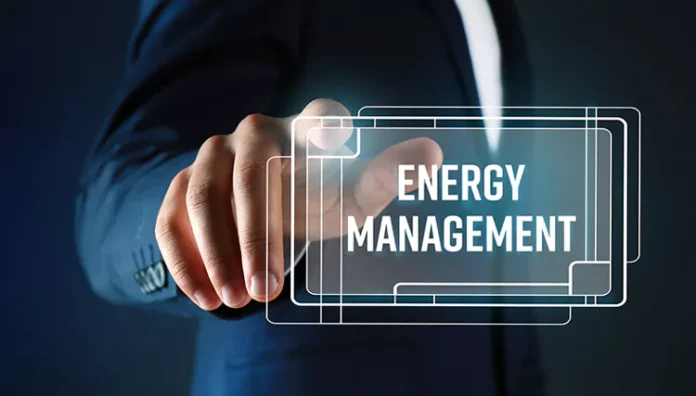In the business environment, energy management has emerged as a crucial element for enhancing operational efficiency and reducing costs. By adopting effective energy management strategies, organisations can not only lower their operational expenses but also contribute positively to environmental sustainability. This article will explore various approaches to optimising energy management, highlighting the importance of integrating modern electrical instruments and devices.
Understanding Energy Management
Energy management is the systematic process of controlling, conserving energy, and monitoring a building or organisation. This involves deploying various techniques and technologies to ensure that energy consumption is efficient and cost-effective. Effective energy management can significantly impact an organisation’s bottom line, making it essential for businesses aiming to remain competitive.
The Role of Technology in Energy Management
To optimise energy management, businesses must incorporate advanced technologies and equipment that facilitate better energy usage. Smart meters, for example, allow organisations to track real-time energy consumption, enabling them to identify peak usage times and areas of inefficiency. By employing these tools, organisations can develop strategies to minimise energy waste and enhance overall performance.
Moreover, energy management systems (EMS) play a pivotal role in automating energy control processes. These systems can analyse energy data, helping businesses understand their consumption practices and identify opportunities for improvement. By utilising an EMS, organisations can gain insights that guide their energy management strategies, ensuring they deploy resources effectively.
Employee Engagement and Training
Incorporating energy management practices within an organisation requires the active participation of all employees. Training staff on the importance of energy conservation and best practices for using electrical instruments and devices can foster a culture of sustainability. When employees know how their actions contribute to energy consumption, they are more likely to adopt energy-efficient behaviours.
Additionally, organisations should consider employing gamification strategies to encourage employee engagement in energy management initiatives. By creating friendly competitions or incentives, businesses can motivate employees to reduce energy usage, ultimately leading to more cost-effective operations.
Regular Maintenance of Equipment
Another critical aspect of optimising energy management is the regular maintenance of electrical equipment. Well-maintained devices operate more efficiently, reducing energy consumption and prolonging their lifespan. Organisations should develop a comprehensive maintenance schedule for their equipment, ensuring that all electrical instruments are functioning at optimal levels.
Routine inspections can help identify potential problems before they escalate, leading to costly repairs or replacements. By prioritising maintenance, businesses can enhance their energy management strategies and improve their overall operational efficiency.
Strategic Energy Procurement
Strategic energy procurement is another vital component of effective energy management. By carefully selecting energy suppliers and negotiating contracts, organisations can secure the best rates and terms for their energy consumption. This process involves analysing energy market trends and understanding the different pricing structures offered by various providers.
Organisations should employ a flexible procurement strategy that allows them to adjust their energy purchases according to market conditions. By incorporating energy management into their procurement process, businesses can achieve considerable cost savings while ensuring they have access to the energy they need for efficient operations.
Advantages of Partnering with Reputable Energy Brands
Collaborating with reputable energy brands significantly enhances an organisation’s energy management efforts. These brands provide advanced technologies and services to optimise energy consumption. By partnering with established companies, businesses access the latest innovations, including cutting-edge electrical instruments and equipment that boost operational efficiency.
Reputable energy brands also offer expertise and support, helping organisations develop tailored strategies that meet their specific needs. This collaboration leads to improved energy efficiency, reduced operational costs, and a sustainable approach to energy consumption.
By optimising energy management through advanced technologies, employee engagement, equipment maintenance, and strategic procurement practices, businesses can achieve substantial energy savings, ultimately creating a more efficient and sustainable business model while fostering a culture of sustainability that benefits both the organisation and the environment.
Also Read: California launches new rebates to help cut home energy costs







